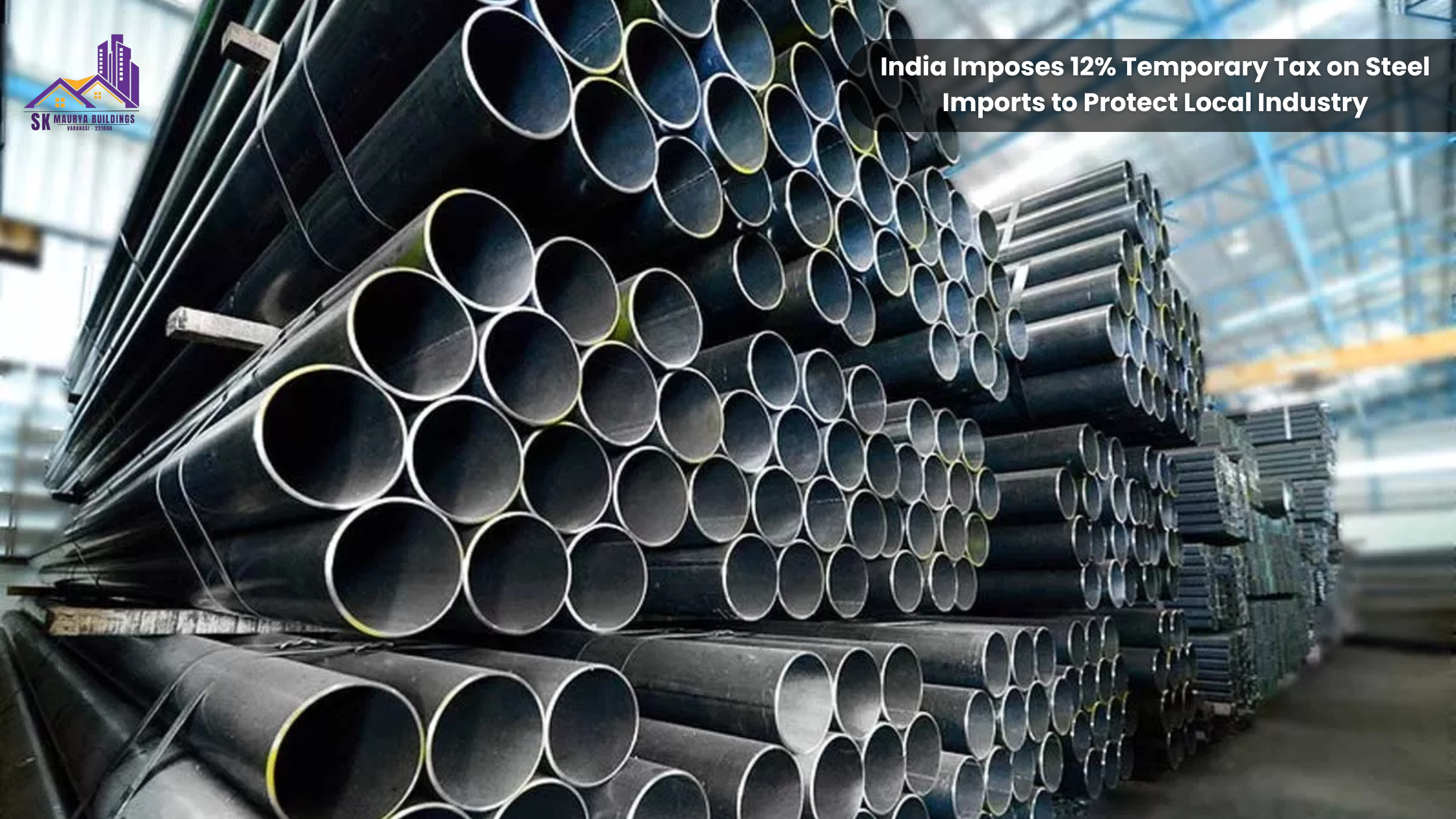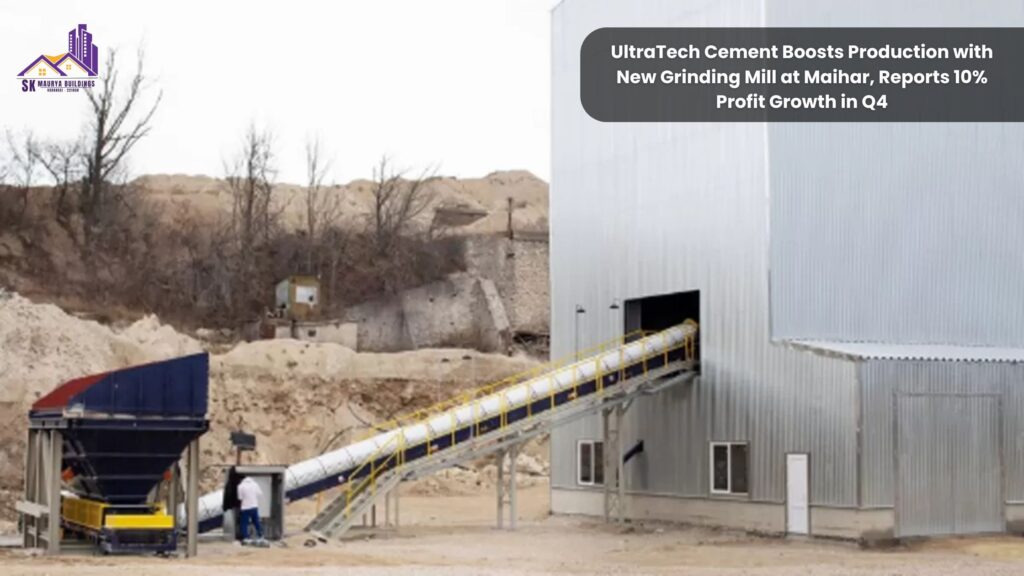The Indian government has imposed a short-term 12% duty (referred to as a safeguard duty) on certain kinds of flat steel imports, which come primarily from China and Vietnam. This is to safeguard Indian steel producers from an influx of cheap steel entering India. The new regulation began on April 21 and will remain in place for 200 days.
This duty is levied on specific steel items—such as hot rolled coils, cold rolled sheets, and color-coated steel—which fall under particular tariff numbers (7208 to 7226). The move was taken following the Directorate General of Trade Remedies’ report that the imports of steel had risen sharply and were injuring Indian businesses.
In the first half of financial year 2024–25, steel imports rose 41% compared to last year, reaching 4.74 million tonnes. Total imports for the year were 9.25 million tonnes—the highest since 2015–16. At the same time, steel exports dropped to their lowest in 10 years at 5 million tonnes. This made India a net importer of steel, meaning it bought more steel than it sold.
Despite being a minor amount of the total steel that India imports, cheap foreign steel is pushing prices down in India. It damages domestic companies’ profit margins. More than 40% of the 144.3 million tonnes of Indian production last year were from more than 1,000 small makers—so the entire sector is getting hit.
This protective duty is designed to provide local firms a respite from plummeting prices, sluggish demand, and subsidized foreign steel. Not all imports will be charged with the duty, though. Steel priced above some prices won’t be required to pay the duty:
$675 per tonne for hot rolled coils
$824 per tonne for cold rolled sheets
$964 per tonne for color-coated steel
This assists businesses that require top-quality steel that is not produced in India. Furthermore, the majority of developing nations will not be impacted by the new tax—only China and Vietnam are targeted. This renders it a targeted and contained measure.
For small and medium enterprises (MSMEs), the impact is two-sided. The ones purchasing from Indian steel producers will gain as prices will be less volatile. But the ones relying on imported special steel could end up paying higher prices. Nevertheless, the price caps provide some relief for MSMEs that require high-grade steel.
Globally, too much steel is being produced, particularly by China, which produces more than half of the world’s steel. As Chinese domestic demand tapers off, it is exporting more steel to nations such as India. Europe and the US are experiencing the same phenomenon. Therefore, India’s new tax is a measure to safeguard its own steel industry from long-term damage.
This action is in accordance with international trade regulations (WTO regulations under Article XIX of GATT), which permit nations to implement temporary measures to safeguard domestic industries against sudden surges in imports.





